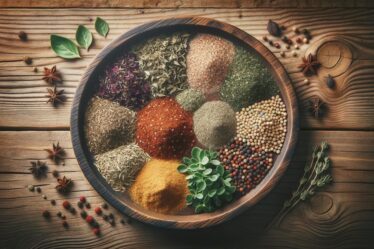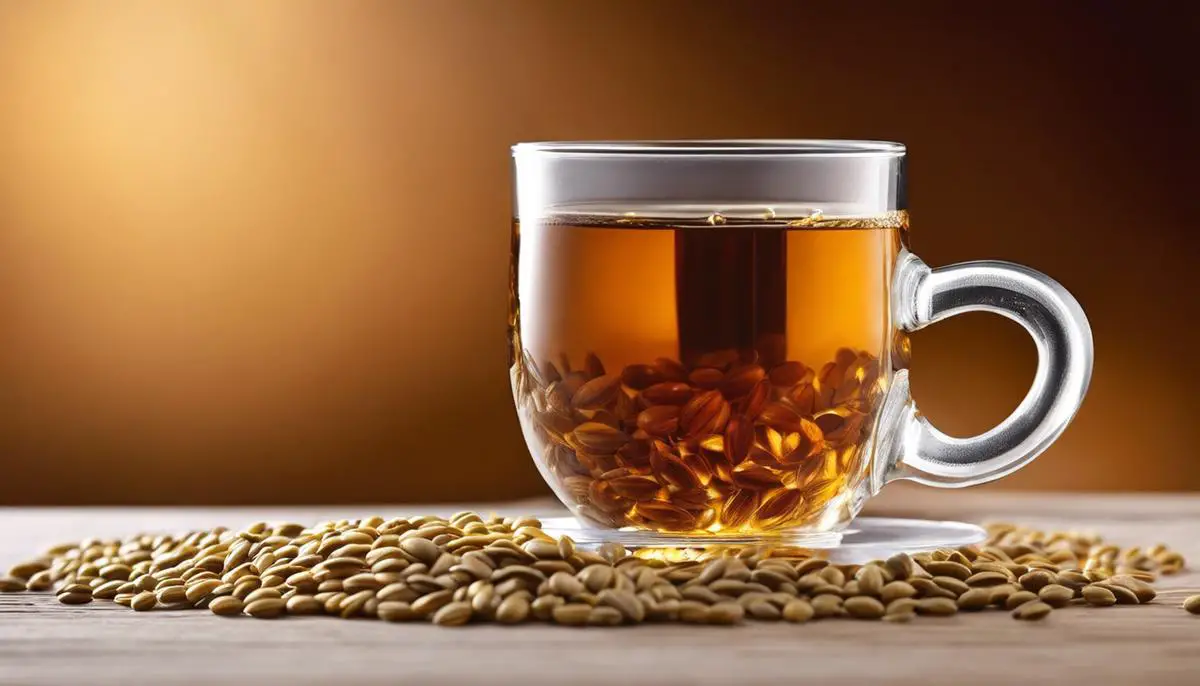
The tradition of tea drinking stretches across the world, with each culture cultivating its own unique rituals and flavors. One such treasure is barley tea, a humble yet hearty brew that has entwined itself into the fabric of many societies. This essay endeavors to unveil the rich tapestry of barley tea’s history, from its origins and the techniques mastered over centuries to brew it, to the health benefits it quietly offers. As culinary enthusiasts, it’s not just the tantalizing tastes that lure us, but the stories steeped within their depths, and the knowledge of how they can contribute to our overall well-being. Indeed, understanding the journey of barley tea is akin to sipping on culture itself – a tapestry of history, craft, and health, brewed in a cup.
History and Origin of Barley Tea
Savoring Ancient Brews: The Fascinating Journey of Barley Tea
Dive into a steaming pot of culinary history with a delightful beverage that brings together ancient practices and modern tastes. Barley tea, an invigorating, nutty elixir that dances on the palate and the senses, has brewed its way around the world. But why should culinary adventurers take note of this humble drink’s unique origin and exciting past?
Barley tea has roots that dig deep into ancient civilizations and old-world cultures. Originating from East Asia – namely Japan, Korea, and China – barley tea, or “mugicha” as it’s known in Japan, has offered refreshment, respite, and reportedly health benefits for centuries. Having carved its place in social rituals and daily meals alike, barley tea stands as a beacon of cultural significance and unity.
Additionally, uncovering the journey of barley tea is an education in agricultural history. The common barley was one of the first grains to be widely cultivated, and it thrived across various climates and terrains. This versatility certainly played a role in barley tea’s widespread adoption and spread.
Every cup of barley tea is a testament to the practices of generations past, providing an organic link to traditional brewing methods. Centuries-old brewing techniques used to roast and steep the barley grains have been handed down through generations, keeping the essence of the traditional barley tea alive. Understanding the labor-intensive process gives one a renewed appreciation for every warming sip.
The complex flavor profile of barley tea is another enthralling chapter in its historical tale. The distinct nutty, slightly bitter, yet refreshingly robust flavor is attributed to the roasting process. For culinary explorers, deciphering these layers of flavor means understanding the nuances of heat application and timing. The depth of the roast dictates the taste, thus making every batch of barley tea a new adventure.
The evolution of barley tea has also led to innovative culinary applications. Beyond a simple brew, it’s being used in an array of modern, gastronomical concoctions. For instance, barley tea-infused desserts and cocktails have blurred the lines between beverage and gastronomy, broadening the horizon for kitchen adventurers.
And let’s not forget, the multifaceted health benefits linked to barley tea make it a supremely interesting topic for culinary enthusiasts. From aiding digestion to promoting cardiovascular health, this brew is a trove of goodness for a health-conscious generation.
Ultimately, discovery, understanding, and respect for the origin and history of ingredients enhances the culinary journey. For food lovers and chefs alike, the understanding that we are drinking from the well of ancient tradition when we clutch a mug of barley tea brings a sense of unity, connection, and appreciation. It’s the shared love for food and drink, the universal language of a cuppa, that binds us as culinary explorers and world citizens, one sip of history at a time.
So, the next time you brew a pot of barley tea, remember its historical roots and cultural resonance. Reflect on its journey from ancient brew to modern muse, and let every sip inspire your next culinary adventure.
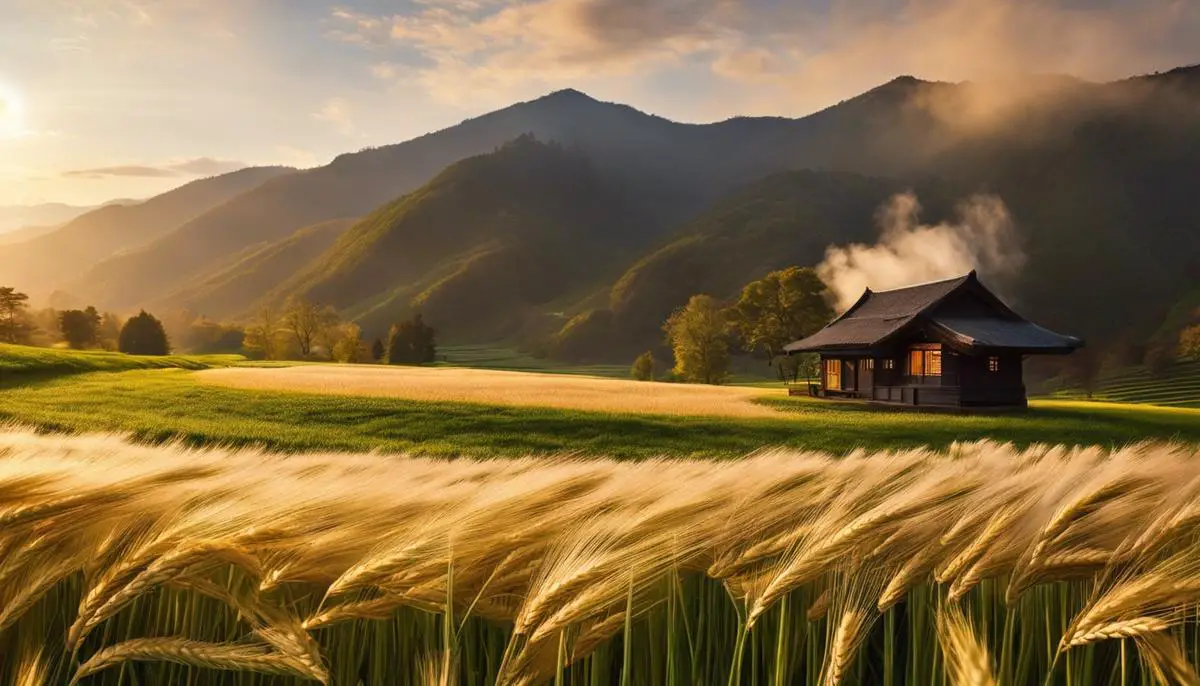
Methods and Techniques of Brewing Barley Tea
The Gratification of Brewing Barley Tea: Unleashing its Full Potential
As we’ve already traveled through the cultural, historical, and culinary track of barley tea, we now delve into the heart of this journey – how to brew it to perfection. Brewing barley tea, or any tea for that matter, isn’t merely a casual task of steeping leaves in hot water. It’s an art form, a meticulous process necessitating patience and passion. Let’s grasp a few brewing practices which can escalate the humble barley tea to a sensory experience beyond the simple pleasure of a warm cup.
When it comes to brewing, water quality is the unseen hero. Water is the canvas upon which barley tea paints its beautiful flavor. The ideal water for this brewing escapade should be freshly drawn, free from any unpleasant odor that could disrupt the symphony of flavors. Soft water, which has lower mineral content, can enhance the bittersweet taste of the barley, letting delicate flavor components shine.
Temperature control is another crucial element of the brewing process. Too hot, and you risk extracting too many tannins, resulting in a harsh and unpleasant taste. Too cool, and the extraction process becomes insufficient, leaving the tea flavorless. For most barley teas, a temperature ranging from 195 to 205 degrees Fahrenheit hits the sweet spot perfectly, coalescing the optimal balance between bitterness and sweetness.
Time is of the essence in the art of brewing. Steep barley tea for about 5 minutes. It’s enough to let the magic happen but, be patient and refrain from oversteeping. Oversteeping could lead to a bitter, overly robust profile that can overpower the inherent sweetness of the barley. Love and respect the process, and the tea will reciprocate with a splendid experience.
Perhaps one of the most elevated brewing techniques involves roasting the barley grains right before brewing. Pre-roasting allows for a freshly flavored, aromatic tea compared to prepackaged varieties. Just lightly roast the barley grains in a dry pan until they turn a rich golden-brown, then you’re good to go!
Another aspect of brewing barley tea that can enhance its taste is serving it cold. It’s one of those beverages that taste fabulous served either hot or cold. Cold brewing might require more steeping time, often up to a full day, but results in a smooth, slightly sweeter taste. Take your time in this process, and the result will capture your taste buds in a refreshing hug.
LastIy, consider pairing barley tea with appropriate food. Its mildly nutty flavor complements a range of sweet and savory dishes magnificently. Delve into the harmonious symphony of food and beverage pairing and let barley tea be your maestro, guiding your taste buds alongside a wholesome meal.
Brewing techniques are not just about extracting taste but indulging in a holistic sensory ritual that caters to both body and soul. Barley tea carries in its bag a rich past, a pronounced flavor profile, ample health benefits, and the power to connect people, one brew at a time. Embrace these techniques and allow the humble barley tea to offer a profound, sensory, and flavorful journey. Here’s to this divine elixir! Cheers!
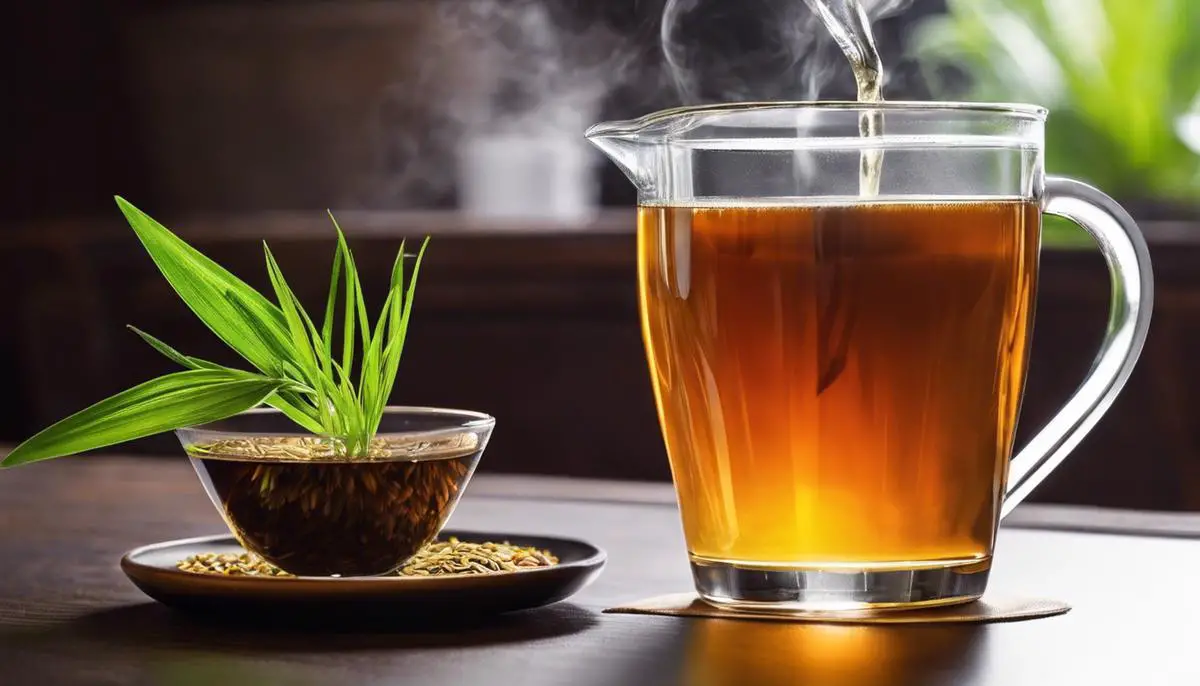
Health Benefits of Barley Tea
Diving into the topic of health advantages, it becomes clear that the consumption of barley tea isn’t just a cultural ritual or a flavorful journey, it’s a lifestyle that fosters wellness and longevity. There’s something wonderfully fascinating about an ancient brew that remains relevant in our modern world, not just for its distinct taste but for the wealth of health benefits it brings to the table.
For starters, barley tea is crammed full of antioxidants, those awesome little warriors that general teach us about in nutrition books. Experts tell us how essential they are in battling free radicals and thereby reducing the risk of chronic diseases. What’s more, they play an active role in improving heart health by reducing bad cholesterol in our system.
But hang on, that’s not all. It’s common knowledge in East Asia that barley tea is a potent digestive aid. It’s often recommended as a natural remedy for gastritis and other digestive complications, proving itself a great friend to our often troubled tummies. For instance, this ancient brew bolsters gut health by providing a helping hand to our friendly microorganisms, improving their functionality and creating a harmonious digestive environment.
Barley tea also flexes its muscle in helping us maintain a healthy weight. It does so by aiding in the reduction of visceral fat while also delaying stomach emptying to keep us full for longer periods. Its diuretic properties further helps in flushing toxins out of our bodies. Isn’t it lovely when what tastes good also does good?
Let’s not forget the importance of hydration – water is our lifeline. Luckily, barley tea, whether served hot or cold, does a brilliant job of keeping us hydrated throughout the day. And who can ignore the soothing affect it has on our nerve system? Packed with melatonin, amino acids, and tryptophan, it proves to be a great non-pharmaceutical aid for those combating sleep disorders.
Is beauty on your checklist? Well, be graced with the knowledge that the high levels of antioxidants in barley tea help to slow down the aging process. Regular consumption of this ancient brew can contribute to glowing skin by reducing inflammation and promoting cell regeneration.
The benefits of barley tea to overall health certainly defy limitations, blending seamlessly with our modern lifestyles to promote wellness on many levels. It offers a simple, delicious, and natural means of nourishing our bodies, harnessing health benefits that have been celebrated for centuries. So, raise your cup – to barley tea and good health.
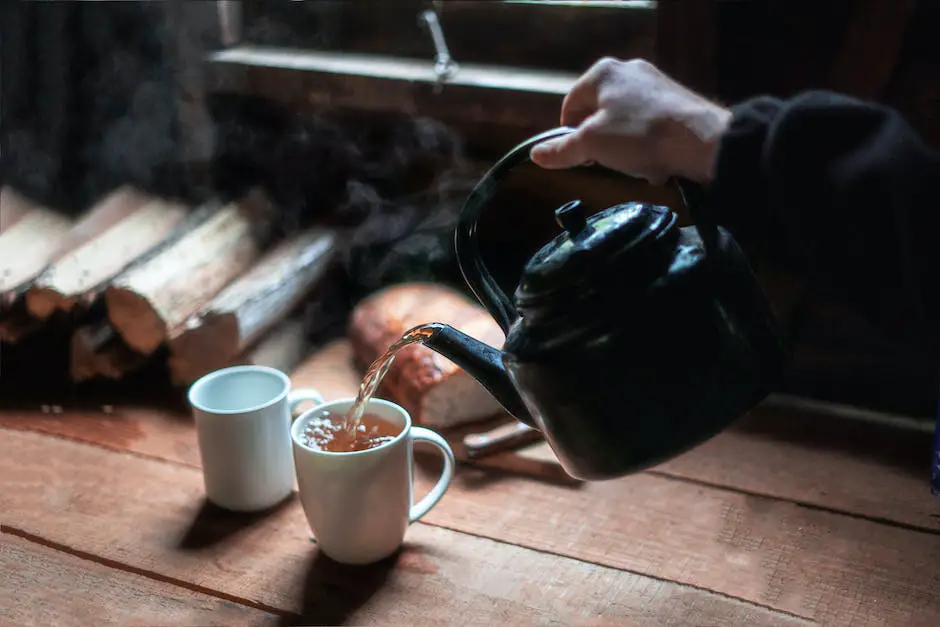
The simple barley grain, transformed into a nourishing brew, symbolizes how age-old culinary wisdom can contribute towards a healthier lifestyle in our modern world. Barley tea has journeyed from ancient kitchens to become a global beverage, its heritage steeped in every cup. The skills perfected over centuries to brew it not only satisfy our appetites but nurture our health, reminding us that good food and drink are rooted in nutrient-rich traditions. Exploring the world of barley tea showcases how the mesmerizing interplay of history, technique, and health creates a beverage that is more than just a drink; rather, a testament to human resilience, creativity, and our eternal quest for well-being.



